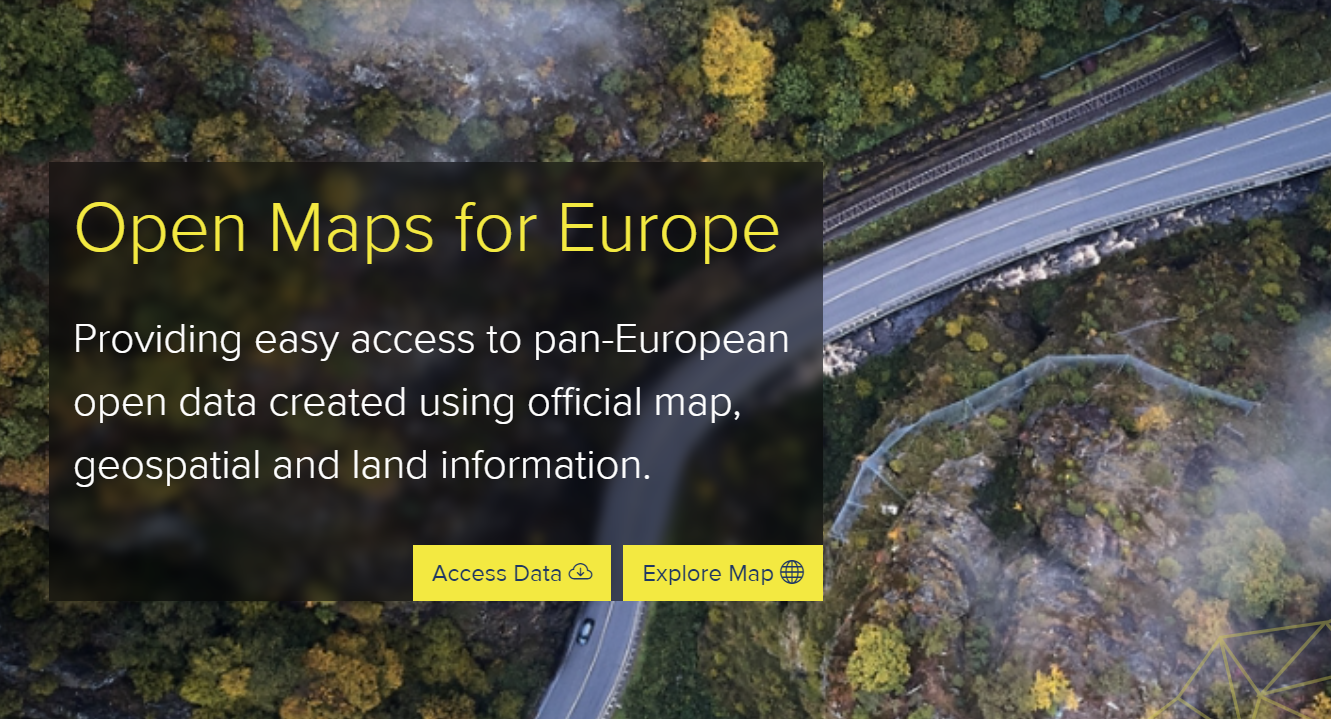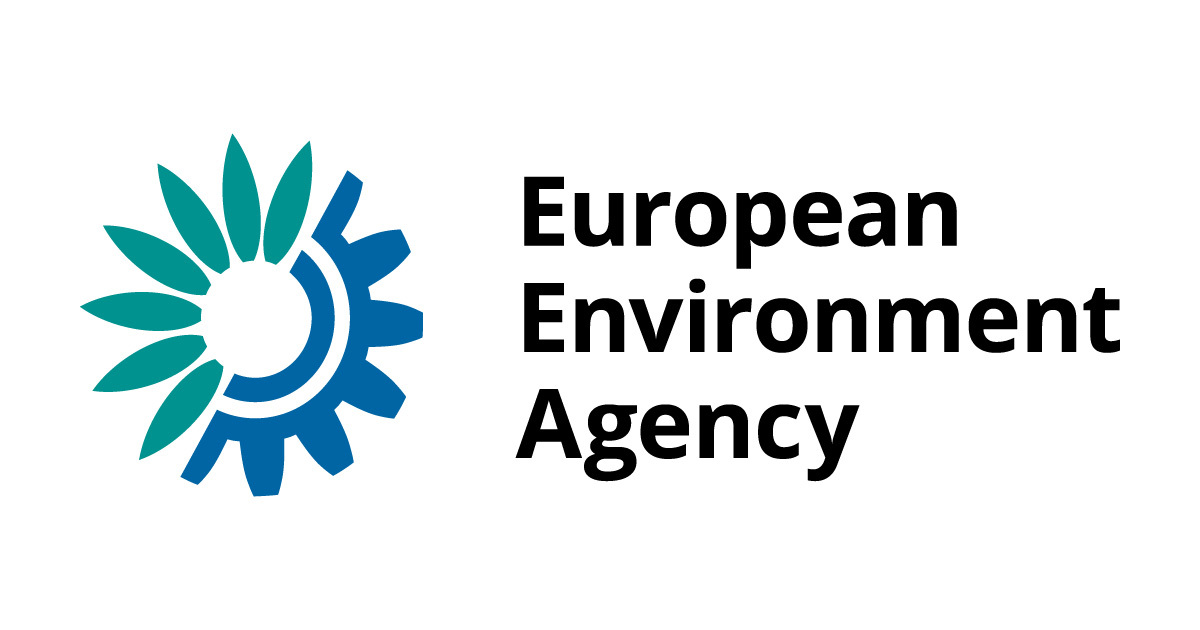594 tulosta löytyi
Skip results of view Uutiset
On Tuesday 18 April, the data.europa academy hosted a webinar on ‘Open Data Maturity 2022: Diving deeper into the quality dimension’. This webinar, the second in a series of webinars on the Open Data Maturity (ODM) Report 2022 , provided insights into the quality dimension, focusing on measuring and monitoring mechanisms to ensure the quality of data and metadata. The webinar started with an introduction to ODM 2022, the quality dimension and its four key indicators : (meta) data currency and completeness, monitoring and measures, DCAT-AP compliance and deployment and linked data. Following

The recent publication by data.europa.eu , ‘Assessment of the value of data and other types of assets in data.europa.eu’ , is the first in a series of reports focused on the value of data, metadata and other resources available on the data.europa.eu portal . The report presents methods to examine the presence of data.europa.eu content in other digital platforms, tools and applications and recommends related datasets and resources. The analysis builds upon previous research on the concepts, methods and architectures to make (open) data more sustainable. This shifted the focus of data portals

Artificial Intelligence (AI) has the potential to transform economies and offers opportunities for productivity, growth, and resilience. In response to this, many countries develop national AI strategies. However, there seems to be a lack of data or a targeted plan for national AI compute capacity required for AI systems to perform tasks. To help policy-makers assess and plan national AI compute capacity, the OECD.AI wrote a report ‘A blueprint for building national compute capacity for artificial intelligence’ . The report offers guidance on how to develop a national AI computing plan. There
On Friday 31 March, the data.europa academy hosted a webinar on ‘ The European Year of Skills and the role of open data ’. This webinar highlighted the relevance of this theme, focusing on digital skills and the role of the data.europa academy within the context of the European Year of Skills. The webinar started with a presentation from a European Commission representative on the European Year of Skills and the Digital Skills Platform . The targets of the European Digital Decade were emphasised and the variety of EU initiatives to implement these were shared. Following this, the

With a rapidly growing population, managing the physical infrastructure of cities is crucial. Open data can support countries in improving their digital infrastructure by, for example, creating opportunities and optimising transportation . Talking Traffic is a Dutch app that facilitates geolocation data exchange between road users and intelligent infrastructure within a public-private data chain to reduce the negative effects of mobility, based on real-time data. In particular, the members of the Dutch ambulance sector Association Ambulance Care Netherlands (AZN) decided that all ambulance

A recent addition to the data.europa.eu portal is the Open Maps for Europe metadata catalogue, providing open maps of more than 40 European countries. The online service enables users to discover, visualise, license and download datasets created using official maps, geospatial and land information from official national sources. The Open Maps for Europe project is coordinated by EuroGeographics , a non-profit membership association working together with National Mappings, Cadastres and Land Registry Authorities (NMCAs) in Europe to gather official and detailed geospatial data. The

Data and technology can play a critical role in fostering peace and preventing future conflicts. To better understand this, the Data & Policy Journal of Cambridge University has established a peer-reviewed, open-access journal on the ways in which new data sources and technology enhance peace. The journal is now inviting contributions for a special collection of papers on ‘ Data for Peace: how novel data sources and technology can enhance peace? ’. The aim of this collection is to investigate how new data sources and technology can support the enhancement of peace by examining local and global
On Tuesday 18 April 2023 from 14.00 to 16.00 CET, the data.europa academy will host a webinar on the quality dimension of the Open Data Maturity (ODM) report 2022 . This is the second webinar in a series of webinars on the ODM 2022. During the first webinar , which took place on 10 February 2023 , we introduced the Open Data Maturity assessment, provided insights into the level of maturity of participating countries in Europe, and presented the main trends highlighted in the 2022 report. As explained during the first webinar, the ODM is based on four dimensions: policy, portal, impact and

The European Environmental Agency Geospatial Data catalogue (EEA SDI) is a service that facilitates the discovery of geospatial datasets produced, acquired, and published by the European Environmental Agency (EEA). This Agency aims to provide knowledge and data on the state of Europe’s environmental, climate change and sustainability issues, to support policy development and efficient reporting infrastructures for data flows. The datasets available on EEA SDI include spatial datasets, series of data, tabular datasets, catalogues, and other services. This content is implemented in the open

Today is World Health Day ! This day is organised by the World Health Organisation (WHO) to promote health, keep the world safe and serve the vulnerable. Open data benefits the healthcare sector in many ways, for example, through more precise and faster decision making, aid early disease detection, improve patient documentation and data sharing and support research on cures and medicines. Over the years, open data has been used in a wide range of healthcare initiatives, such as the publicly accessible global individual patient data (IPD) platform for drug-resistant tuberculosis treatment. This
